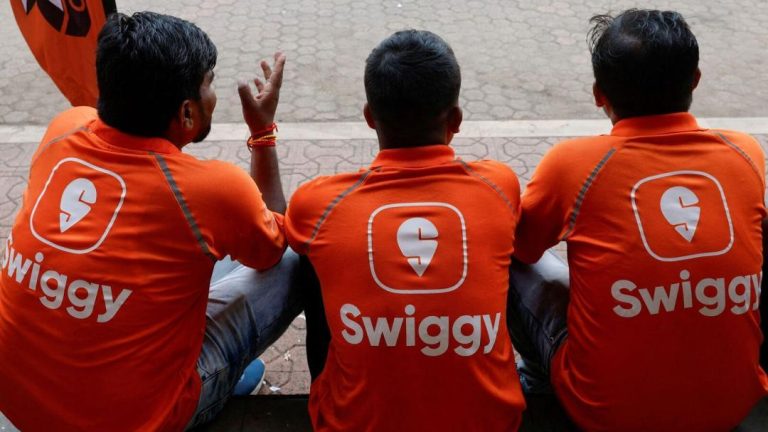
IT Employees Burn Murthy, L&T Chief’s Effigies for Proposing Longer Workweeks
In a bold and fiery protest, IT employees in Bengaluru, Karnataka, burnt effigies of Infosys Founder Narayana Murthy and L&T Chairman SN Subrahmanyan, demanding an end to exploitative work practices in the industry. The protest, organized by the Karnataka IT Unions’ Union (KITU), was a response to recent statements made by the two business leaders suggesting longer workweeks for employees.
Murthy, the co-founder of Infosys, had sparked controversy earlier this year when he proposed that IT employees should work for 70 hours a week to stay competitive in the global market. Subrahmanyan, the Chairman of Larsen & Toubro (L&T), took it a step further by suggesting that employees should be willing to work for 90 hours a week to achieve success.
The comments were met with widespread criticism from IT employees, who felt that such demands were unrealistic and would lead to burnout. The proposal also raised questions about the work-life balance and the well-being of employees, who are already working long hours.
In response to these comments, KITU organized a protest in Bengaluru, where hundreds of IT employees gathered to express their grievances. Despite attempts by the Bengaluru Police to stop the protest, the employees went ahead and burnt effigies of Murthy and Subrahmanyan, symbolizing their rejection of the proposed longer workweeks.
The protest was a peaceful one, with employees carrying placards and banners that read “No to 70-hour workweeks” and “Respect Employee Well-being.” The atmosphere was tense, with police personnel present to maintain law and order. However, the protesters remained calm and committed to their cause.
In a statement, KITU said that the protest was a response to the “exploitative and anti-employee” statements made by Murthy and Subrahmanyan. “We will not be silenced by the attempts of some to push us to work longer hours without providing any benefits or recognition,” said a spokesperson for KITU.
The protest has sparked a wider debate about the working conditions in the IT industry, with many employees calling for better work-life balance and more humane working conditions. The demand for longer workweeks has been met with resistance from many quarters, with some arguing that it would lead to decreased productivity and increased employee turnover.
The incident has also raised questions about the role of business leaders in shaping the work culture of the industry. While some argue that Murthy and Subrahmanyan are simply trying to stay competitive in a rapidly changing market, others see their comments as a reflection of the industry’s priorities.
In conclusion, the protest by IT employees in Bengaluru has sent a strong message to business leaders and policymakers that the working conditions in the industry need to be re-examined. The demand for longer workweeks may be seen as a way to stay competitive, but it is also a recipe for disaster that can lead to burnout, decreased productivity, and increased employee turnover.
As the debate continues, one thing is clear: IT employees will no longer be silenced by the demands of business leaders. They will continue to fight for better working conditions, more humane treatment, and a better work-life balance.




